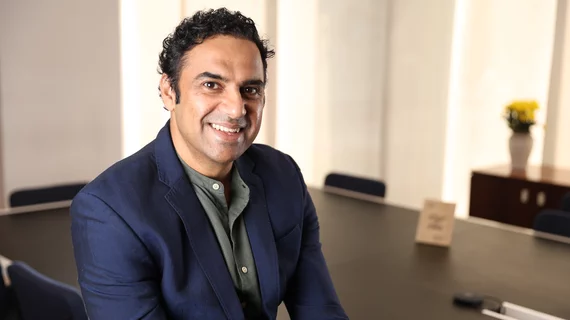Radiology vendor Qure.ai completes $65M Series D funding round
Qure.ai has raised $65 million in new capital, the Mumbai-based radiology artificial intelligence vendor announced Wednesday.
Venture capital firm Lightspeed and wealth management company 360 One Asset led the Series D funding round joined by the Merck Global Health Innovation Fund and Kae Capital. Founded in 2016, Qure.ai bills itself as the world’s most deployed healthcare AI, with its solutions in use across 3,000-plus care sites in over 90 countries.
Leaders plan to use the money to expedite expansion in the U.S. and other markets, increase investment in foundational AI and execute “complementary med-tech company acquisitions.” Qure.ai offers products that help physicians read and interpret X-ray, CT and ultrasound images “in less than a minute,” now boasting FDA clearances across 18 indications.
“We are excited to back [CEO and Co-founder Prashant Warier] and his exceptional team at Qure.ai, a true leader in AI-driven healthcare diagnostics,” Dev Khare, MBA, a partner at Menlo Park, California-based Lightspeed, said in a Sept. 25 announcement. “With diagnostic specificity and sensitivity at levels rivaling radiologists and physicians, Qure is making quality healthcare accessible in the U.S. and Europe as well as globally in Asia, Africa and Latin America."
In other news, Qure.ai also recently inked a partnership with Strategic Radiology, launched an FDA-cleared solution for advanced nodule quantification, and unveiled study results at the World Conference on Lung Cancer.

